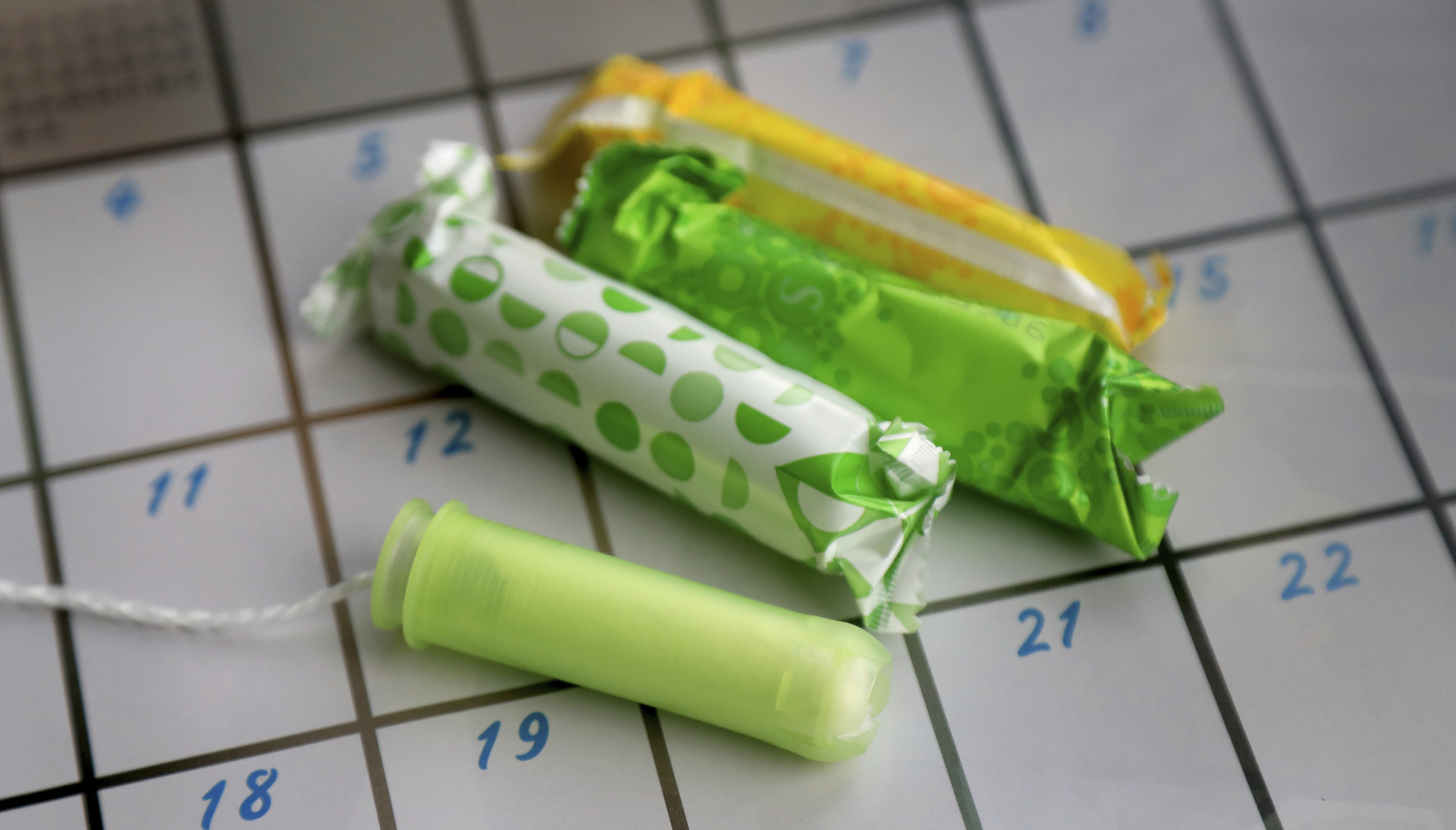- cross-posted to:
- technology@lemmy.world
- cross-posted to:
- technology@lemmy.world
The team behind menstrual health and period tracking app Clue has said it will not disclose users’ data to American authorities, following Donald Trump’s reelection.
The message comes in response to concerns that during Trump’s second presidency, abortion bans that followed the overturn of Roe v. Wade in 2022 will worsen and states will attempt to increase menstrual surveillance in order to further restrict access to terminations.



Research conducted by the Mozilla Foundation indicates that the app referred to in the article, Clue, gathers extensive information and shares certain data with third parties for advertising, marketing, and research reasons.
Here are some menstruation tracking apps that are open-source and prioritize user privacy by keeping your data stored locally on your device:
The only way to protect data is to not gather it.
Sure, but tracking period data can be very helpful for people. For a threat model of abortion criminalisation (or maybe trans healthcare criminalisation with treatments stopping periods, or really any kind of restrictions on medical autonomy), encryption at rest of locally stored period data is perfectly sufficient. They are not going to send military intelligence agencies after a random person having an abortion. It is actually a relatively low threat model, like equivalent to buying drugs online or something like that.
I mostly mean having data stored in a centralized database owned by a corporation. Since even if it’s encrypted you’re just one warrant away from the data being handed over.
False
Having your own data can be incredibly useful and valuable, the trick is protecting that data so that nefarious actors can’t use it.
I hadn’t seen this comment, thanks for making it.
So the government just needs to acquire this data from one of those third parties if it wants it.
John Oliver - Data Brokers
so what they’re really saying is they won’t give it away for free
You don’t know how fascism works, do you?
Where is Mark Zuckerberg when you need something to “accidentally” get leaked after billions of dollars are spent.
Drip doesn’t save anything to the cloud, it’s all local to your device. I can’t speak to the others.
Which does mean one has to backup and manually move your tracking history to a new device. Guess who forgot to do that 😂
It would be nice if it did have some automatic backup solution. Backup options could be something like Nextcloud, or some local server. Maybe even android backup but the data has to be encrypted with a password and be an opt in feature.
Good idea is to use something like Syncthing to copy data between your phone and another device like a laptop or another phone. This depends on the app, for Drip you have to manually export the data yourself on a regular basis.
Another useful idea is if you have an old phone lying around get it connected via Syncthing and back up everything to it. If your current phone dies or is lost you can switch back immediately, a hot backup. If you have root on your device you can use NeoBackup to schedule backups of the data into a folder Syncthing can access and send to backup locations, say a home computer or spare device.
God I wish I could learn more about this shit.
For all of the Linux and FOSS nerds on Lemmy, I don’t think I’ve seen one make a guide on how to have good digital stewardship of oneself. Syncthing sounds freaking awesome. Still feel like there’s a barrier to entry for me though
What OS do you use? Windows, Mac, Linux? And same for your phone? Android? If so, you should be able to get it set up on your desktop and phone.
First, get it installed on your desktop. For windows and mac go to the Syncthing download page and grab the installer. On Linux you will find install instructing below, but basically use your package manager to install syncthing.
Once it is installed you can start it up and it will open a GUI, most likely through your web browser (probably 127.0.0.1:8384 or similar). From here you will have your Syncthing interface for your computer set up, so on to the phone.
On your phone install syncthing from whichever store you use, fdroid is my favourite. Once installed open it and you should have an option to add another device. You can use this to scan the QR code on your computer Syncthing interface.
Currently on Windows 11 (yuck) and have a Galaxy S23.
Next devices I’m looking at are a Framework laptop and Fairphone.
The QR code sounds super easy which is a good sign. I guess most of my complaints rest with what a full FOSS and pro-privacy cyber-system would look like overall. I come from a Windows world so I have those household names stuck in my head, like Word, Outlook, etc. I guess I’m really looking for a guide that has a 1:1 for the entire OS from Windows to Linux, and maybe more if it improves people’s lives. Thinking Jellyfin and Bitwarden and all those purpose-driven applications.
At this point I don’t know what I don’t know, and I just wish that some of the awesome devs on Lemmy would post a guide to all of this, soup to nuts style. Maybe one day